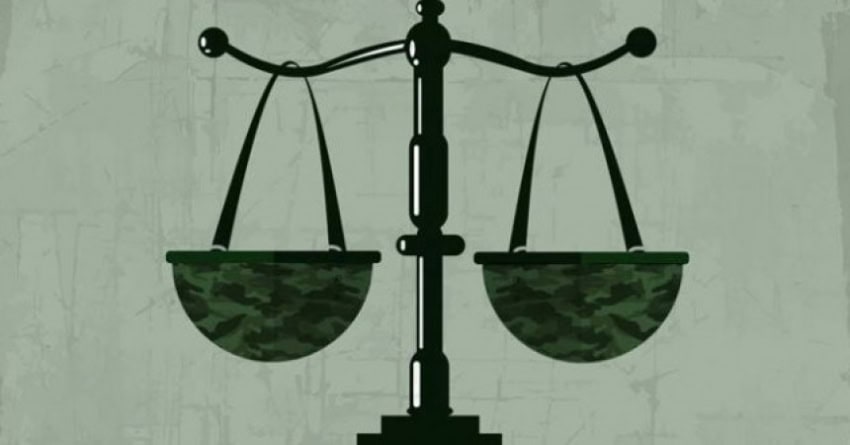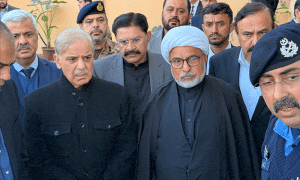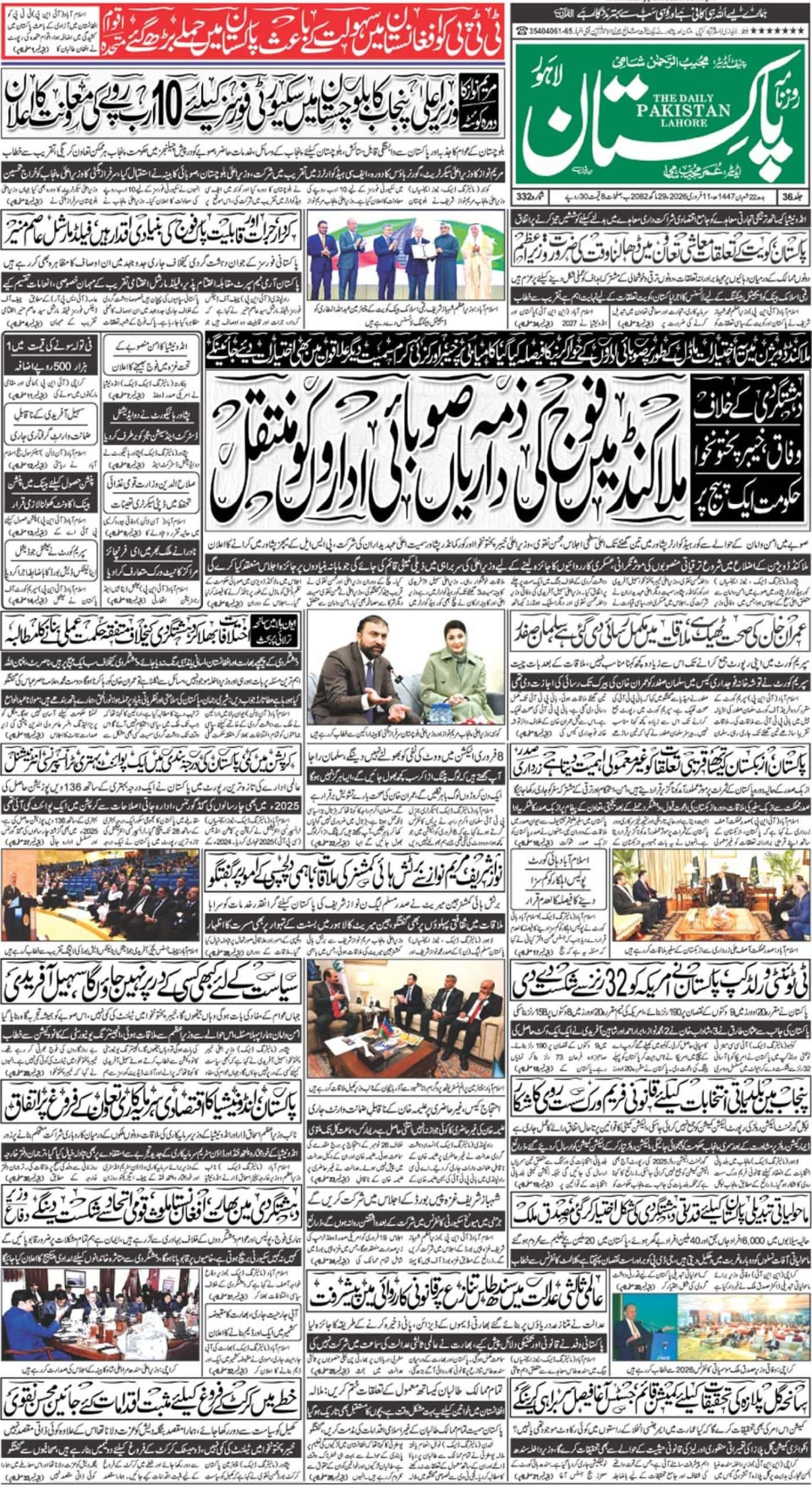ISLAMABAD – After a series of fruitless meetings, parliamentary leaders on Tuesday agreed to extend the tenure of military courts for another two years with PPP disagreeing with the decision.
The decision came as stalwarts from multiple political parties held repeated discussions in the purview of string of terror attacks across the country.
Initially, the proposal was to extend military courts for three years however the government faced resistance from opposition parties including Pakistan Tehreek-e-Insaf.
However, it has been agreed to revive the courts for another two years period Pakistan peoples party has disagreed to the proposal
Awami Muslim League leader Sheikh Rasheed confirmed resolution of the matter after today’s decisive meeting.
‘The issue of the extension of military courts has been resolved. All political parties have agreed on extension of military courts for two years’ he said.
He further stated that the extension will be accorded from January 7, 2017, and after two years, the cases will be transferred to anti-terrorism courts.
On the other hand, Pakistan Tehreek-e-Insaf Vice Chairman Shah Mehmood Qureshi said that despite differences with ruling PML-N his party agreed on extension of military courts in greater national interest.
Agreeing with the decision, Finance Minister Ishaq Dar said all parties should avoid indulging in politics on the respective issue.
‘The draft will be presented in parliament on March 6,’ said Dar.
It must be mentioned that PPP had convened an all parties conference on Saturday regarding the military courts issue however it is likely to fail as PTI supremo announced non participation in meeting minutes after the press talk by parliamentary leaders.
https://twitter.com/ImranKhanPTI/status/836467902136078336
The military courts had been established through constitutional amendment following the attack on Army Public School in Peshawar in December 2014.
“Special constitutional arrangements were made to effectively check the terrorists and terrorism,” ISPR said in a statement.
“Routine judicial system was under stress wherein judicial set ups and judges were also subjected to act of terrorism,” the statement read while justifying the establishment of the said courts.
“During the period of its validity, 274 cases were referred to military courts. Of these 161 were awarded death penalty (12 executed) and 113 were awarded imprisonment of varying duration,” it added.
ISPR also claimed that the disposal through military courts yielded positive results towards reduction in terrorist’s activities.













